Snoring can be more than just a nightly nuisance. For many people, it disrupts sleep, strains relationships, and leaves everyone feeling exhausted. But when does snoring cross the line from harmless to something more serious, like sleep apnea? And most importantly, what can you do about it?
The good news is that whether you’re dealing with persistent snoring or a more complex issue like Sleep Apnea, there are effective ways to regain restful nights and energized days. Here’s everything you need to know to start breathing and sleeping better.
First Things First: Why Do You Snore?
Snoring happens when air struggles to move freely through your nose and throat during sleep. The tissues in your throat vibrate, creating that familiar sound. But not all snoring is created equal. Sometimes it’s tied to temporary factors like a cold or sleeping position. Other times, it’s connected to chronic issues, including obesity, alcohol consumption, or even sleep apnea.
Could Your Snoring Be a Sign of Sleep Apnea?
It’s worth paying attention to your snoring habits, especially if you notice symptoms like:
- Gasping or choking sounds during sleep
- Pauses in breathing
- Waking up feeling tired and drowsy, no matter how long you slept
- Daytime fatigue or trouble concentrating
These are signs that your snoring might actually be obstructive sleep apnea, a condition where your airways partially or completely close during the night. Left untreated, sleep apnea can lead to serious problems like high blood pressure and heart disease.
What Can You Do to Stop Snoring?
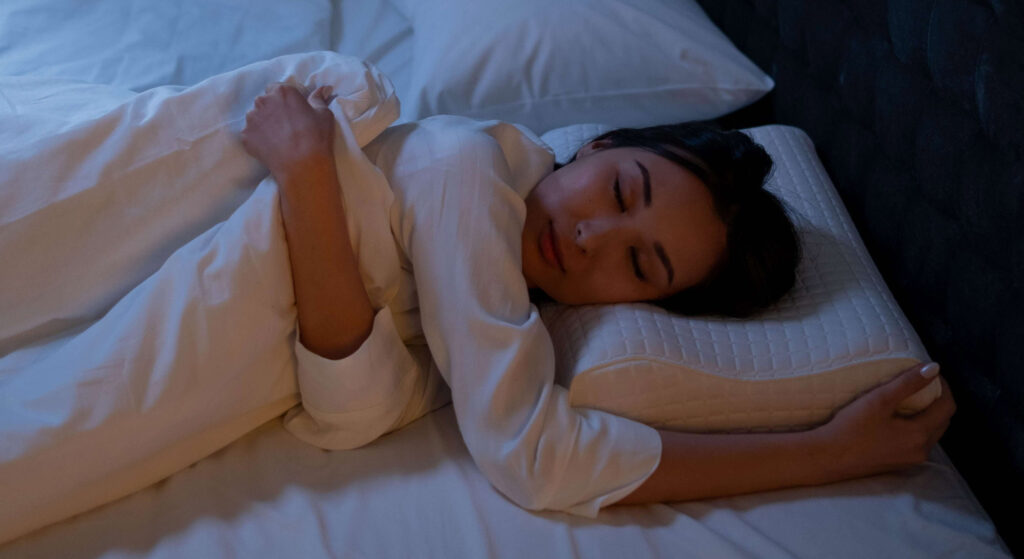
1. Start with Lifestyle Adjustments
For many people, small changes to daily habits can make a significant difference. Here are two critical areas to focus on:
- Weight Loss
Extra weight around your neck and throat can press on your airway, making snoring more likely. Losing even a small amount of weight can reduce snoring and improve your overall health. - Cut Back on Alcohol
That nightcap might help you fall asleep faster, but alcohol relaxes the tissues in your throat, making snoring worse. Avoid drinking alcohol close to bedtime to see if your snoring improves.
2. Address Your Sleep Position
Sleeping on your back can cause your tongue and soft tissues to collapse into your airway, making snoring more likely. Try sleeping on your side instead, and consider using pillows to keep you in position through the night.
3. Seek Professional Snoring Treatment
If lifestyle changes don’t do the trick, it may be time to explore Snoring Treatment. As sleep specialists, we assess your snoring and provide personalized solutions designed to meet your specific needs.
What are the Treatment Options for Sleep Apnea?
If snoring is linked to sleep apnea, addressing the issue becomes even more important. Here’s a breakdown of the most common treatment options:
1. CPAP Machines
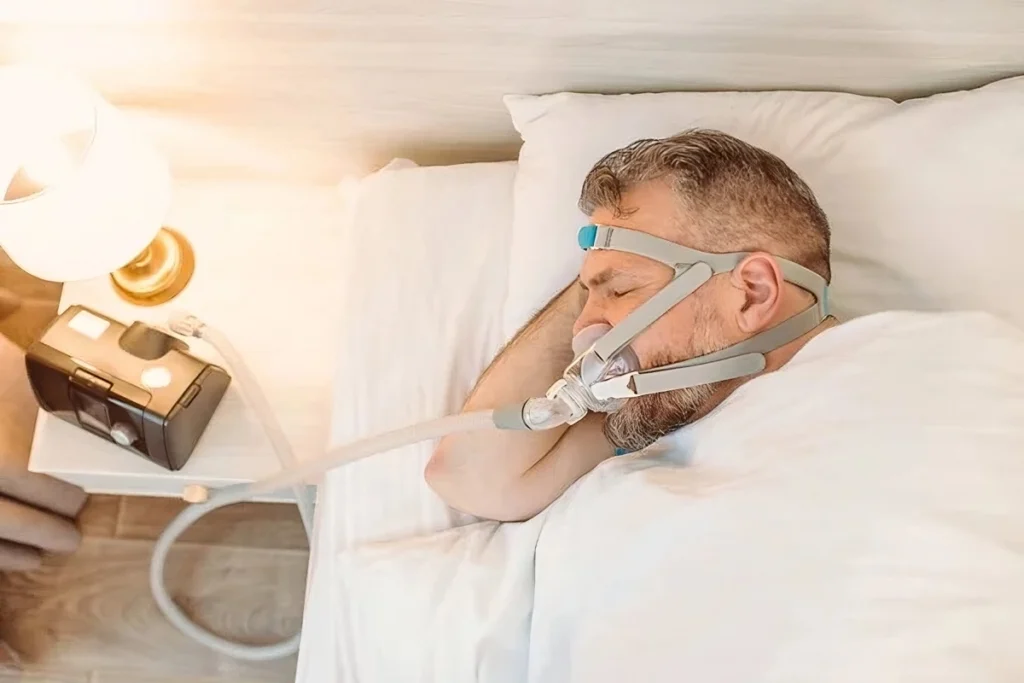
Continuous Positive Airway Pressure (CPAP) machines are one of the most well-known treatments for sleep apnea. They use a mask to deliver a steady stream of air while you sleep, keeping your airway open. While CPAP machines can be effective, many people find them loud, uncomfortable or cumbersome to use consistently.
2. Surgery
Surgical options are available to address structural issues in the airway, such as enlarged tonsils, or excess throat tissue. Surgery is typically considered a last resort due to its invasive nature and recovery time.
3. Oral Appliance Therapy (A Better Non-Invasive Option)
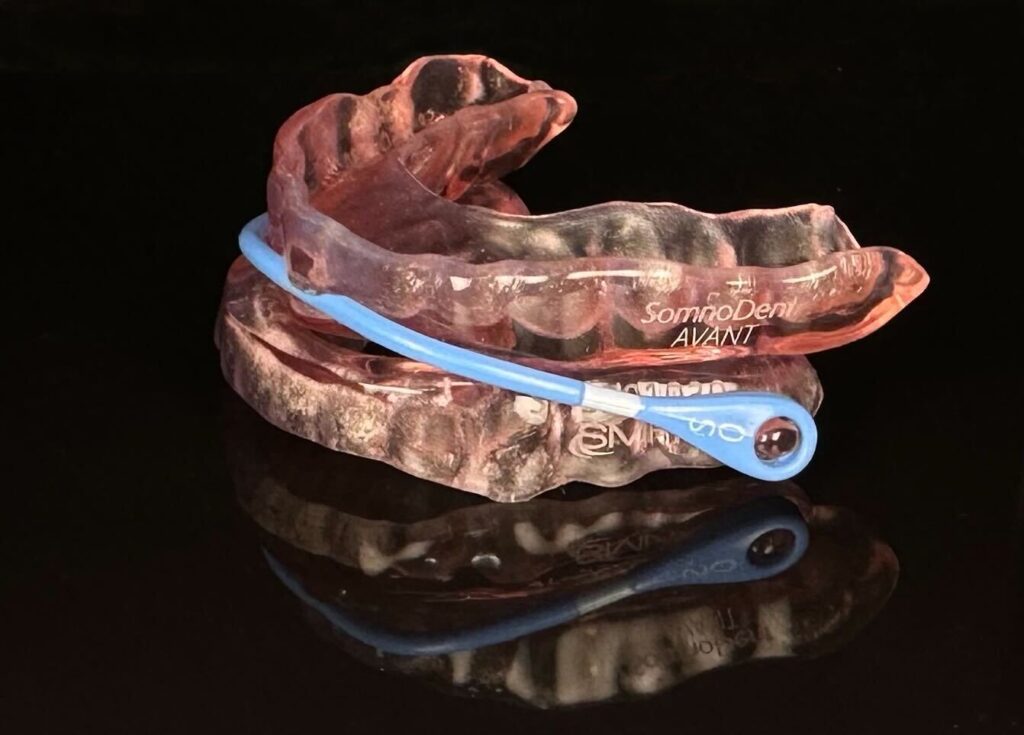
For a less invasive, equally effective solution to sleep apnea, many patients turn to oral appliance therapy. These custom-fitted devices, similar to a nightguard, are worn during sleep. They gently reposition the jaw and tongue to keep the airway open.
Oral appliances are easy to use, quiet, and travel-friendly, making them a great choice for people who struggle with CPAP machines or prefer a simpler option. At Better Sleep Mid Ohio Valley, our patients receive personalized care and professional fitting to ensure maximum comfort and effectiveness.
What’s the Best First Step?
If you’re unsure whether your snoring is just an annoyance or a sign of sleep apnea, start by assessing your symptoms. We offer an online Sleep Quiz to help identify common sleep issues and guide you in the right direction.
Once you’ve identified a potential problem, scheduling a consultation with a professional sleep clinic is the next step. At Better Sleep Mid Ohio Valley, your concerns will be thoroughly evaluated, and specialists will recommend a treatment plan designed to meet your needs.
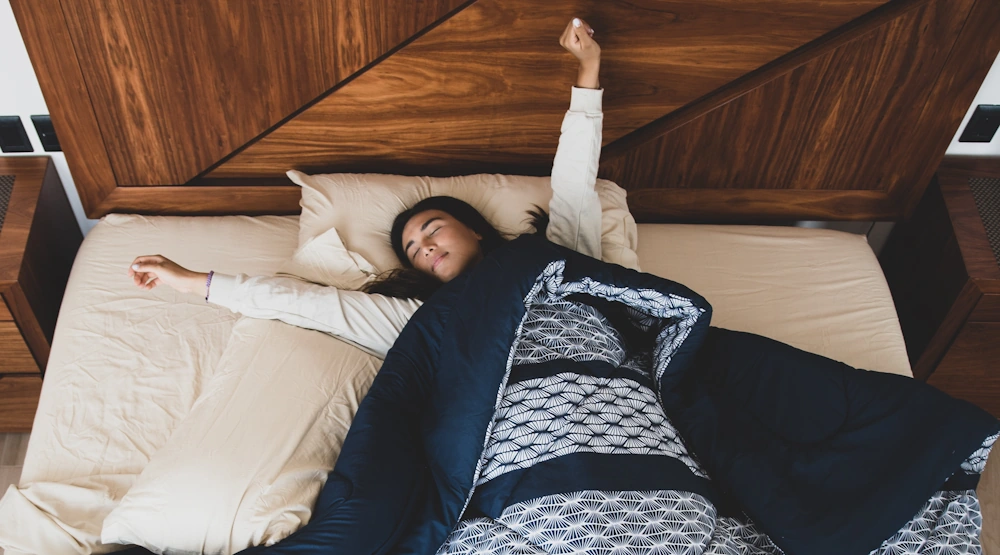
Why Take Action Now?
Snoring and sleep apnea are not just nighttime annoyances; they’re problems that can have long-term consequences on your health, relationships, and quality of life. Whether you need lifestyle changes, or advanced options like oral appliance therapy, there’s no better time than now to take control of your sleep.
Don’t wait to reclaim your energy and enjoy restful, restorative nights. Contact us today to learn more about their personalized treatment options. Take the Sleep Quiz, schedule a consultation, and discover how you can breathe better, sleep better, and live better!
